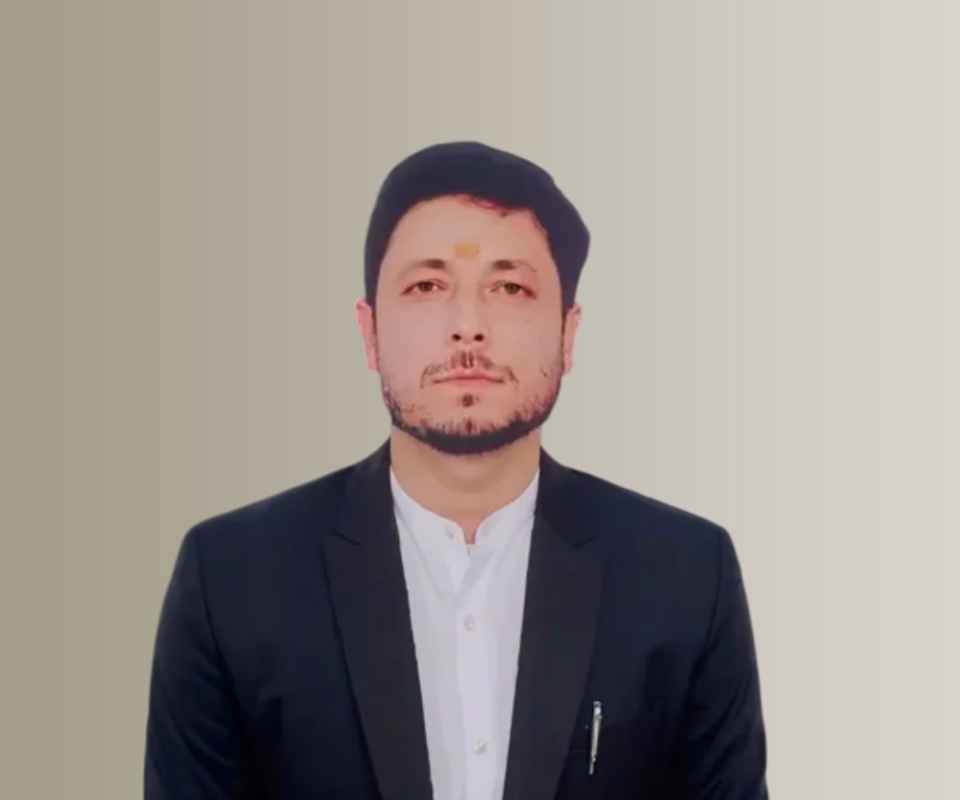Answer By law4u team
Yes, a patent can be licensed before it is granted, but there are certain complexities and risks involved. Since the patent is still pending, the applicant cannot provide the same certainty and rights that come with an officially granted patent. However, a licensing agreement can still be arranged, typically based on the understanding that the patent application will eventually be granted.
Licensing a Patent Before Granting:
Patent Pending Licensing:
Definition:
When a patent application has been filed but is not yet granted, it is considered patent pending. The applicant can still license the patent application, allowing others to use the invention in exchange for royalties or other compensation. This is often done when the applicant seeks to commercialize the invention or test the market before the patent is granted.
Key Features:
- The agreement is typically based on the assumption that the patent will be granted, though this is not guaranteed.
- The terms may include provisions to adjust if the patent is not granted or if it is granted with limited claims.
- The license may be contingent upon the successful grant of the patent.
Provisional Licensing Agreement:
Definition:
A provisional license can be a temporary agreement, allowing the licensee to use the patented technology while the application is pending. This is especially common in industries such as pharmaceuticals or technology, where market entry and development timelines are critical.
Key Features:
- The licensor and licensee agree to the terms while the application is pending, with the understanding that the license will be updated once the patent is granted.
- The agreement may specify what happens if the patent is rejected or the scope of the patent changes upon approval.
Advantages of Licensing Before Granting:
For the Licensor (Patent Applicant):
- Monetary Gain: The licensor can generate revenue or secure financial backing while the patent application is under review.
- Market Testing: Licensing before granting allows the applicant to test the market for commercial interest in the invention.
- Risk Mitigation: In some cases, the licensor may reduce the financial risks of patent application costs or development by securing a license agreement early.
For the Licensee:
- Early Access to Technology: The licensee gains access to the technology at an early stage, potentially gaining a competitive advantage if the patent is granted.
- Exclusive or Priority Use: The licensee may receive early rights to use the technology, which could give them a head start over competitors once the patent is granted.
Risks of Licensing Before Granting:
For the Licensor (Patent Applicant):
- Patent Grant Uncertainty: If the patent is ultimately not granted or is granted with limited claims, the licensor may face legal or financial issues. The licensee might demand compensation or terminate the agreement.
- Patent Scope Limitations: If the granted patent’s claims are narrower than expected, the licensor may have to renegotiate the terms of the license.
For the Licensee:
- Patent Uncertainty: The licensee takes on the risk that the patent may not be granted or may be granted in a form that does not provide sufficient protection or coverage for their intended use.
- No Guarantee of Exclusive Rights: Since the patent is not yet granted, the licensee cannot be sure whether they will get the exclusive rights they are negotiating for, especially if the patent application is rejected or altered.
Example:
A startup company developing a new mobile phone application licenses a patent-pending software technology from a university (the licensor). The university has filed for a patent on the algorithm, but the application is still under review by the patent office. In the licensing agreement, the startup gains the right to develop the software, and if the patent is granted, they will continue the partnership under more formal terms. The university receives royalty payments upfront, but the agreement includes clauses that allow for adjustment if the patent is not granted or its scope is limited.
Conclusion:
While it is possible to license a patent before it is granted, both the licensor and licensee must carefully consider the risks involved, including uncertainty about whether the patent will ultimately be granted or what the scope of the patent will be. Licensing a patent-pending invention can offer early market entry opportunities, but it requires clear terms and contingencies to address the potential for failure in the patent approval process.






